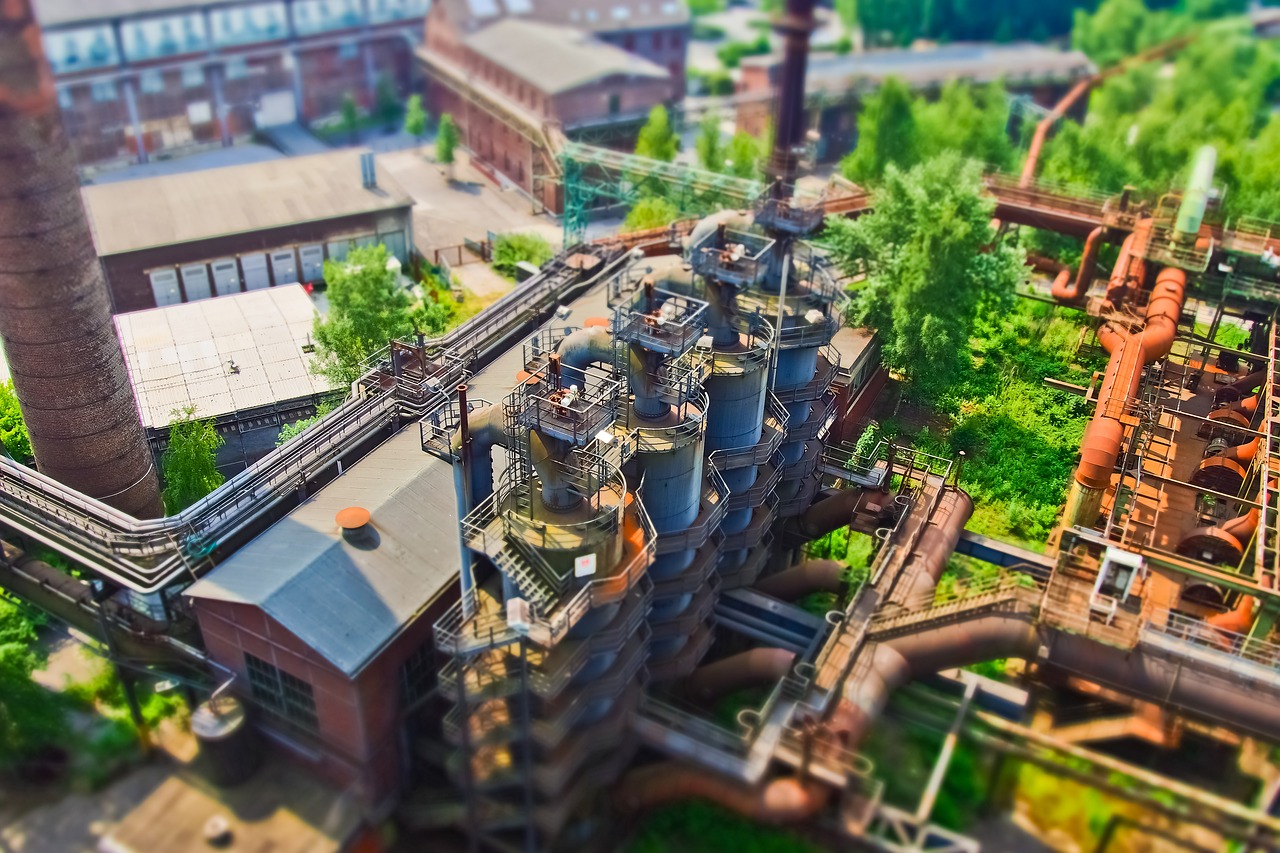CIPP: An Economic Alternative

Cured-In-Place-Pipe, commonly called CIPP, is a type of trenchless restoration process for damaged pipelines. Trenchless technology has shaped the way businesses and municipalities handle pipeline damage and restoration. As CIPP is viewed as a more time-efficient and cost-effective alternative to traditional excavation, the economic advantages of trenchless technology are also an advantage. Urban and suburban areas continue to increase in volume of both people and businesses. With more congested environments, the disruption created by traditional excavation methods used for sewer repair is no longer accepted or desirable. CIPP serves as an economic alternative for three reasons.
CIPP Reduces Restoration Costs
The high restoration costs of traditional excavation methods are an obvious economic advantage for CIPP. There are three major economic costs associated with pipeline repair. They are direct costs, indirect costs, and environmental and social costs. Direct costs include planning, labor, supervision, contractors, suppliers, diversions, and reinstatement. Indirect costs include damage to land and property, loss of profit for businesses, reduction in pavement life, and increased road maintenance. Environmental and social costs vary from area to area and depend greatly on the type of environment you are involved with for the pipeline repairs. However, in general, this refers to the disruption of livelihood in the environmental and social aspects of the area affected.
Prohibition of Digging
CIPP has changed the way municipalities do business. Many municipal authorities prohibit open-cut trenching of streets or highways. While this is an economic issue, it also relates to regulations. The traditional methods of excavation can play a major role in the disruption of key streets and highways. In some municipalities, there are regulations that relate to the disruption of roads and land in certain areas. CIPP provides an alternative to that pressing issue because it solves the issue of complete closures for long periods of time when it comes to major streets and highways. With CIPP, municipalities that have regulated open-cut work can choose low-traffic time frames to accomplish this less invasive project.
Inaccessibility Due to Obstruction
Another economic benefit of CIPP involves institutional barriers. Right-of-way inaccessibility is a huge problem when it comes to excavation methods for pipeline repair. Sometimes the answer is simply that it can’t be done. Structures and obstructions that prevent digging leave no choice than to use CIPP. The great advantage to the introduction of CIPP is that it offers a solution that wasn’t always available for this roadblock.
Shared spaces, utility costs, barriers, and the disruption that comes when you dig up city streets are all reasons why CIPP is the perfect economic solution for pipeline repair. Thanks to CIPP, you can now repair, replace, or rehabilitate your damaged pipeline in a more time-efficient and cost-effective way.